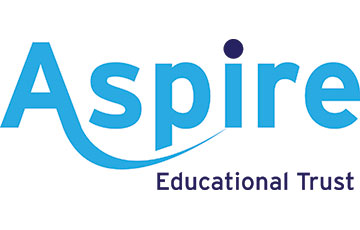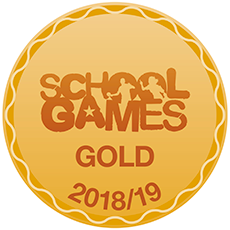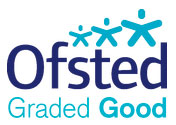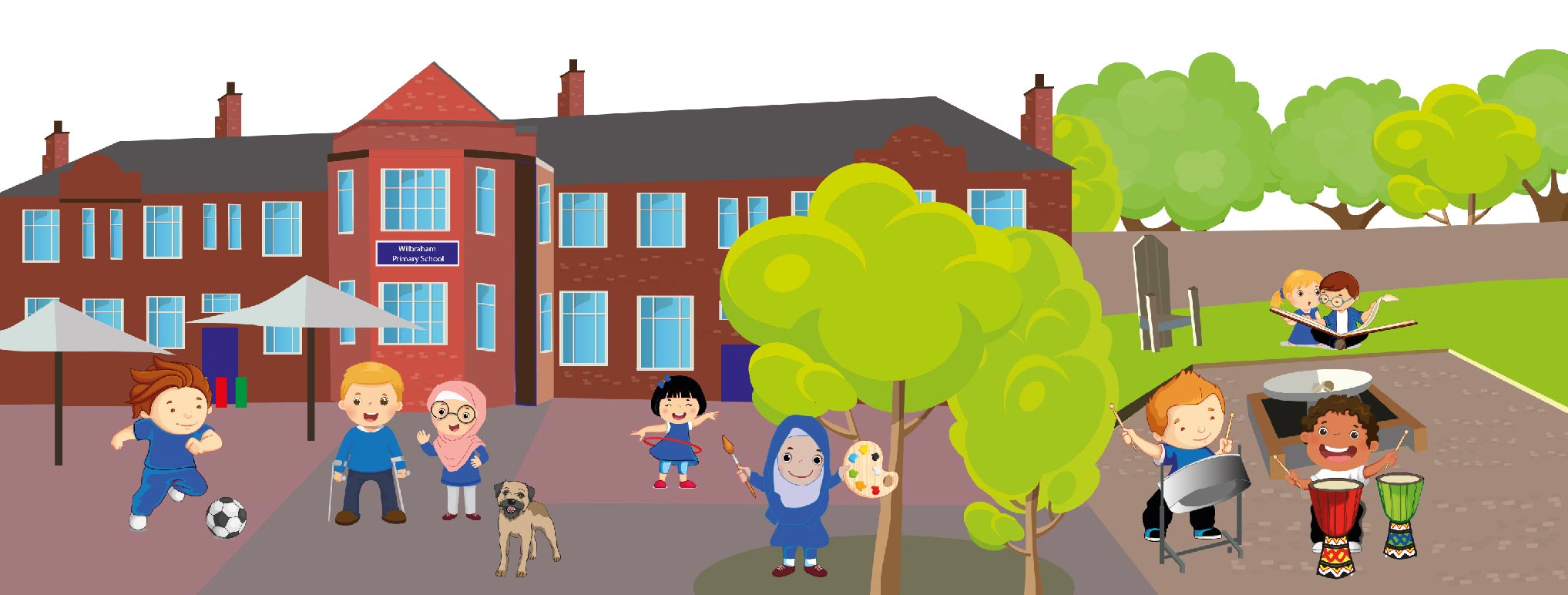Maths in the Early Years
Early Maths
We understand that every child is unique and will join us in the Early Years with different experiences and at different stages of development. Developing a strong sense of early number is essential and this lays the foundations for children to become fluent and confident mathematicians in later years. Children in the Early Years Foundation Stage (EYFS), in the Nursery or Reception classes, are taught maths through a balance of adult-led and child-initiated activities. They are presented with opportunities to apply the same skill in a variety of different ways and in different contexts until it is mastered and learnt deeply. Skills and concepts are introduced as part of playful adult-led sessions and then developed through continuous provision, both indoors and outside, where the children have access to both the same and similar resources used during a taught session. Teachers plan for skills to be practised throughout the day and are able to step into children’s play when they see an opportunity to support or develop learning. Mathematical opportunities are further developed using simple games and through stories, rhymes and songs.
Teaching and learning
Our approach to the teaching of maths in EYFS is guided by research and the recommendations made in the EEF document: Improving Maths in the Early Years and Key Stage 1. Recommendation 1 discusses typical learning trajectories and the importance of staff’s knowledge and understanding of these developments. For this purpose, we use the Learning Trajectories website, developed by Clements and Sarama to support planning, assessment and pedagogy. We also use Development Matters (2020) to guide teacher’s judgements. The three characteristics of effective teaching and learning (playing and exploring, active learning and creating and thinking critically) in Development Matters underpin our approach. Maths is one of the four specific areas in Development Matters which helps children strengthen and apply the prime areas (communication and language, physical development and personal, social and emotional development), so the focus on this area is suitably strong.
Children are usually taught in small key groups, either by the class teacher or the class-based TA. Teachers plan and discuss possible misconceptions and difficulties with the class TA before each session. There may be occasions where the whole class is taught together, depending on the content of the session. Taught sessions are short and designed to both support and challenge individuals. These key group carpet sessions may take the form of a game, a story or a problem to be solved.
Following on from a carpet session, a teacher may set up an activity for children to access as part of the continuous provision. This would mirror the taught session and allow children to practise and develop the skills taught. Staff may also target children to work on maths concepts during their play.
Throughout the day, staff use opportunities to teach maths outside of the carpet session. During register time, for example, reception children self-register by placing their picture on a tens frame, teachers then discuss bonds to ten (how many more people would we need to fill this frame?) and composition of numbers beyond 10 (we have two full cards and 3 more, we could count 10…20…21…22…23). At snack time an adult might not have enough fruit and ask the children how many more do we need? Or they may be matching the straws with the milk and notice that they have the same number of each. In Nursery, they might be encouraged to put three toys in each basket when tidying up or use a linear calendar to count how many days until the weekend.
Each classroom has a maths area with a variety of equipment, including both structured apparatus and natural resources. These are introduced to the children during taught sessions and children have access to them throughout the day to use in different areas and contexts. Children have access to other maths resources in the outdoors area also.
Curriculum Organisation
In the Nursery, we use 'Learning Trajectories’ and the six key areas of early mathematics learning from the NCETM to provide a platform for everything children will encounter as they progress through their maths learning at primary school, and beyond. In Reception, children access their early maths curriculum through the NCETM Mastering Number programme, which aims to secure firm foundations in the development of good number sense, patterns in number, confidence and flexibility.
 Wilbraham Primary School
Wilbraham Primary School




